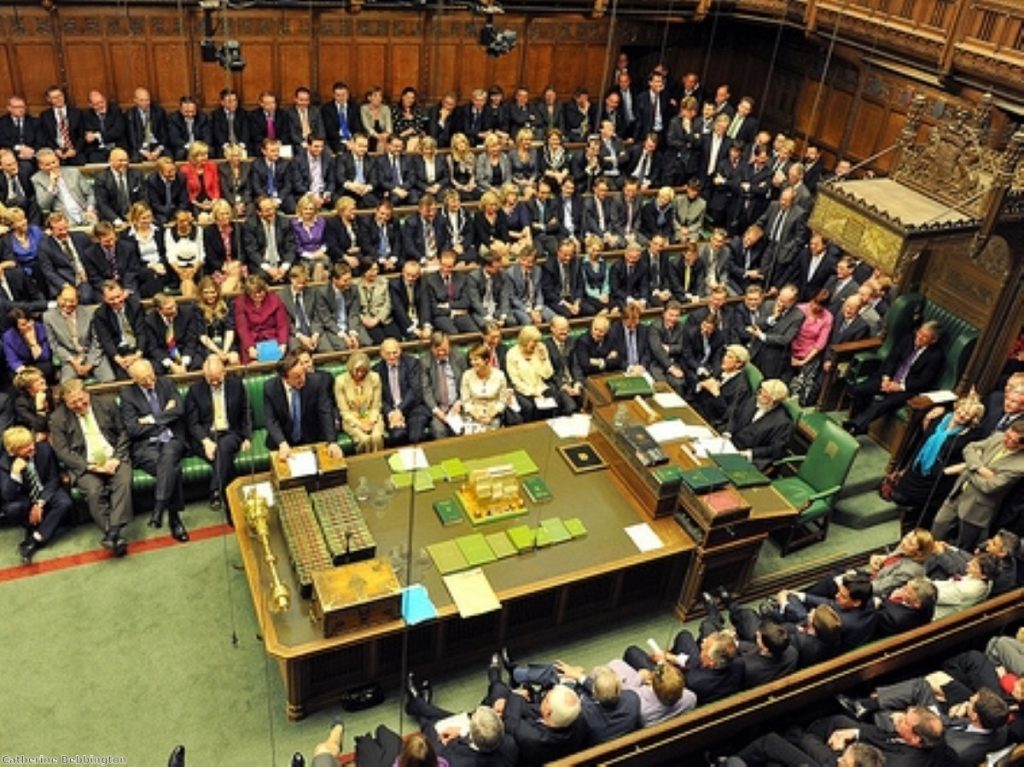Leadership ruffles backbench feathers in 1922 elections
David Cameron and George Osborne's bid to mute the rebelliousness of Conservative MPs in yesterday's 1922 committee elections has broadly succeeded – but at a cost.
Eight of the 12 positions on the important backbench committee went to members of the modernising 301 group, which is named after the number of MPs the Tories need to secure an outright majority at the next general election.
The Conservative leadership had done all it could to persuade MPs to back the group but alienated many backbenchers in the process. Attempts to get ministerial aides to vote in the government's interest were particularly resented.
Despite the hostility generated by the leadership's manoeuvres, the character of the 1922 committee has changed dramatically in Mr Cameron and Mr Osborne's favour.


Rebels like Peter Bone, Philip Hollobone, Stewart Jackson and Christopher Chope have lost their seats in favour of loyalists like George Eustice, Penny Mordaunt and George Hollingbery.
Other 301 group members like Robert Halfon, Sheryll Murray and Priti Patel have been prepared to rebel in the past.
The fight for the two senior positions on the executive, the secretary posts, led to stalemate. Of the 301 group's candidates Karen Bradley was elected, but Charlie Elphicke lost out to right-winger Nick de Bois.
He tweeted afterwards: "Delighted to be elected to 1922 Comm and thank you to all those who lent me their support. Congrats to my Executive colleagues as well."
Public administration select committee chair Bernard Jenkin, a right-winger who has not been afraid to speak out against the Tory leadership, managed to cling on.
Separate elections to the four Tory positions on the backbench business committee, which has previously decided to debate issues the government is uncomfortable with, also took place.
David Amess, Bob Blackman, Jane Ellison and Marcus Jones will be in a critical position when future issues arise which ministers will not want scrutinised by parliament.












